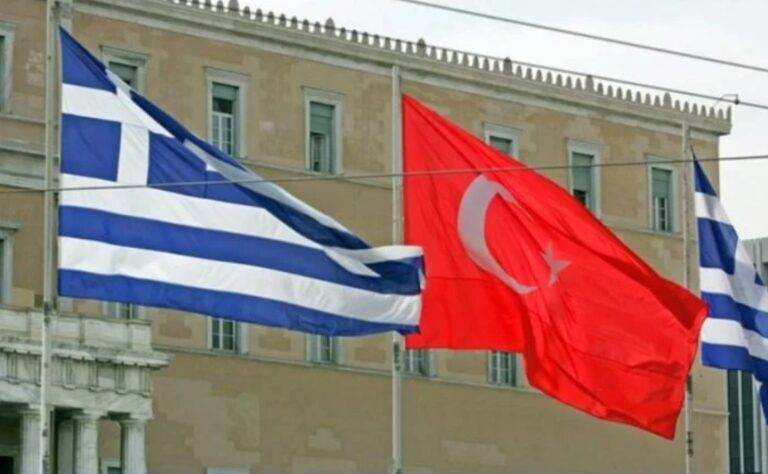
Although with difficulty, for a significant part of the political staff, Greece realises that the external role of Turkey is changing but also strengthening in the last period as a result (and) of the war in Ukraine and the geopolitical reshuffles that it brought.
Turkey is returning to its function (symbolically dating back at least since its accession to NATO in 1952) as a factor in securing Western strategy, interests and stability in the region, especially vis-à-vis Russia in particular.
"Turkey is geographically 'doomed' to act as a deterrent to Russia in favour of the Western security strategy", as V. Venizelos aptly observes in an interview with "NEA" (9/4).
But it comes back in a different way than in the past. In other words, with wider margins of autonomy, choices and actions as a regional force of power and influence.
In this sense, its relations with the United States are almost completely restored, as confirmed by the visit of Undersecretary Victoria Nuland to Ankara last week, and the launch of the Strategic Consultation Mechanism between the two countries, as well as the planned visit of the Minister of Foreign Affairs Mevlüt Çavuşoğlu in Washington in May.
President Biden restated his policy towards Turkey, especially after the cataclysmic geopolitical changes, acknowledging its strategic role in the wider region.
At the same time, however, the US/NATO/West are accepting Turkey's margins of regional autonomy with the ability to negotiate with Russia (and other players), to mediate an end to the war with Ukraine, and possibly to act as a guarantor of a peace agreement.
In this context, Turkey's refusal to impose sanctions on Russia is also tacitly accepted.
A crucial question is whether this new model of relationship between Turkey and the West ("structural integration with regional autonomy") and the new roles it assumes serve Greece or not.
READ MORE: Kosovo and Bosnia prepare their NATO membership request.
A calmer, more rational approach, however, leads to the opposite conclusion. That is, the new model of relationship and the new roles (but also the experiences, extensions of the war) are estimated to oblige Turkey to a more responsible attitude in terms of respect for international law, abandonment of revisionism and expansionism.
This does not mean that it will abandon permanent positions in its foreign policy, but not overnight.
And it is precisely this new fact that opens a window of opportunity for the improvement of Greek-Turkish relations (which seems to be somewhat exploited with the recent Mitsotakis-Erdogan meeting in Istanbul).
For Greece, however, there is a link in this chain of adjustments that must be tied more securely. And this is none other than the deeper attachment of Turkey and the European Union, the privileged field for Greece.
Professor Panagiotis Ioakimidis is a former ambassador - advisor to the Foreign Minister and a member of the advisory committee of ELIAMEP.